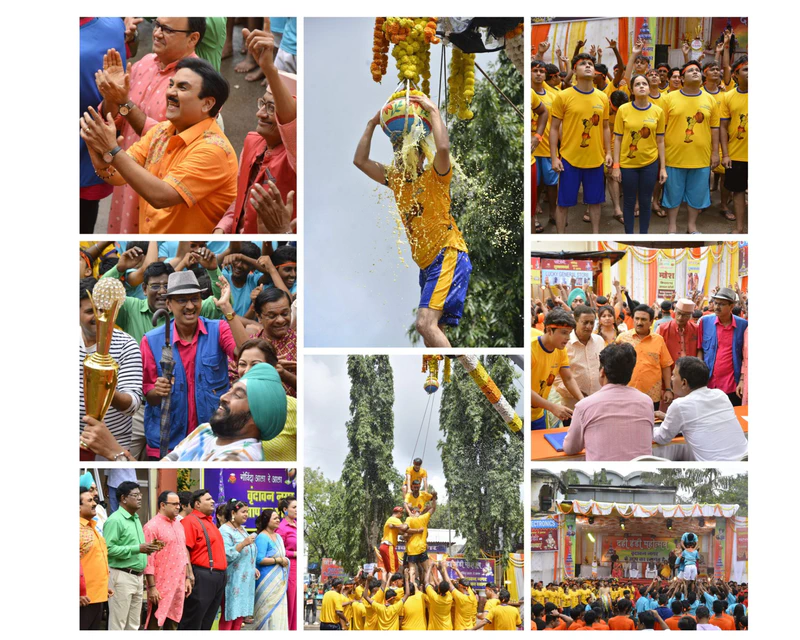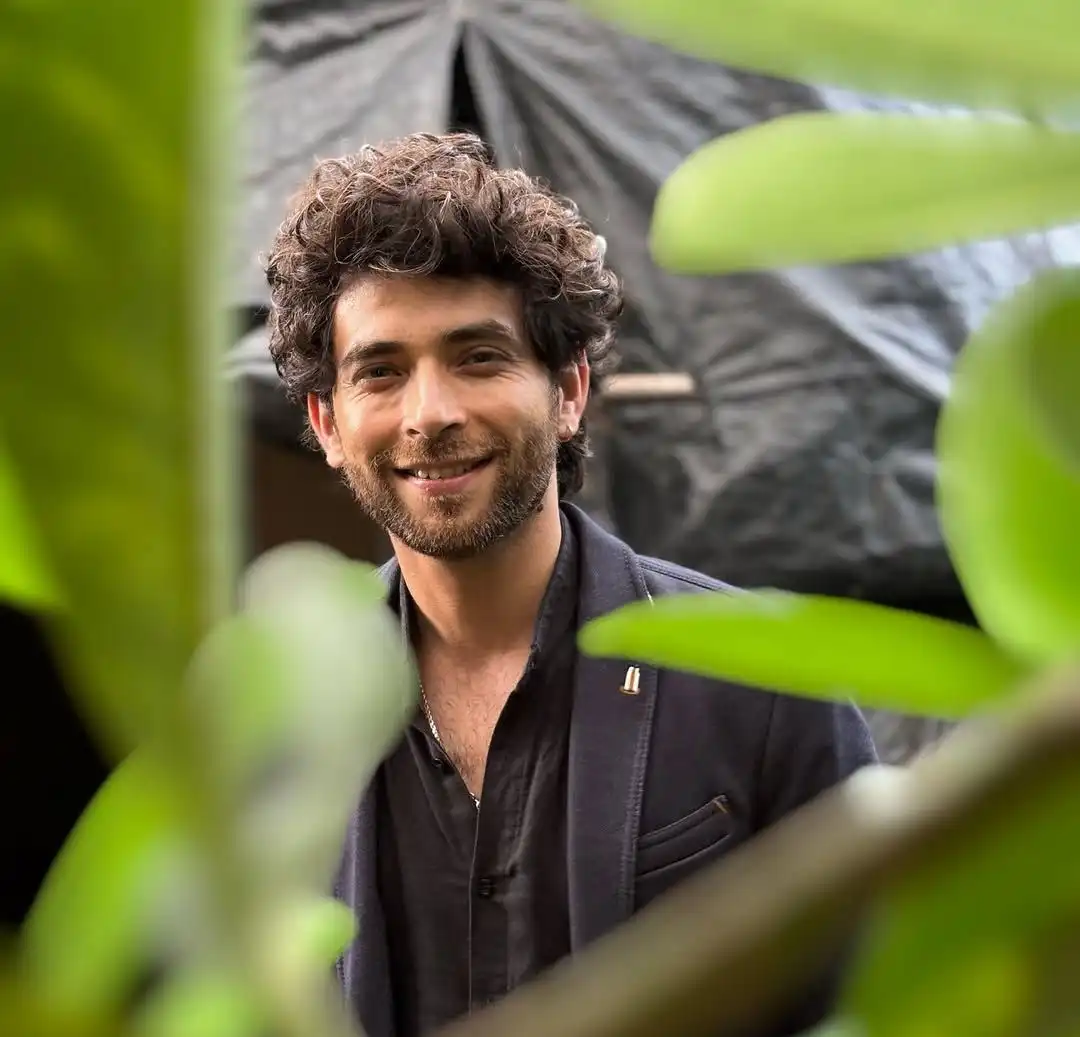When Abdul’s shop remained closed for an unusually long time and his calls went unanswered, the residents of Gokuldham Society grew worried. Fearing that Abdul might have gone missing, they banded together and filed a police report. Inspector Chalu Pandey launched an investigation, but just as the mystery deepened, Abdul suddenly reappeared, much to everyone’s relief.
However, the following day, Abdul announced an unexpected 50% sale on all goods for Gokuldham residents, and even gave Tappu Sena their purchases for free. Suspicious of this generosity, Tappu Sena discovered that Abdul’s wholesaler had no such offer, leading them to dig deeper.
Their investigation revealed that Abdul was selling his shop due to a financial crisis, needing INR 11 lakh to start a new business in his village. Despite the society’s offer to help, Abdul declined. Determined to support him, Tappu Sena decided to participate in the Janmashtami Dahi Handi festival, where the prize was INR11,11,111.
Did Tappu Sena win the competition and save Abdul’s shop, or did he have to leave Gokuldham?
This thrilling story not only captures the spirit of unity and brotherhood in Gokuldham Society but also highlights the urgent need for such values in our world today. Gokuldham stands as a perfect example of how a community, particularly its youth, can come together to exemplify compassion, cooperation, and selflessness. In a time when divisions often seem to overshadow harmony, Gokuldham reminds us that unity is the need of the hour. Through their unwavering support for Abdul, the residents, especially the young Tappu Sena, show that true strength lies in standing together, transcending religious and cultural differences, and extending a helping hand to those in need. Gokuldham is indeed a shining example of the ‘Mini India’ we should all strive to build.




